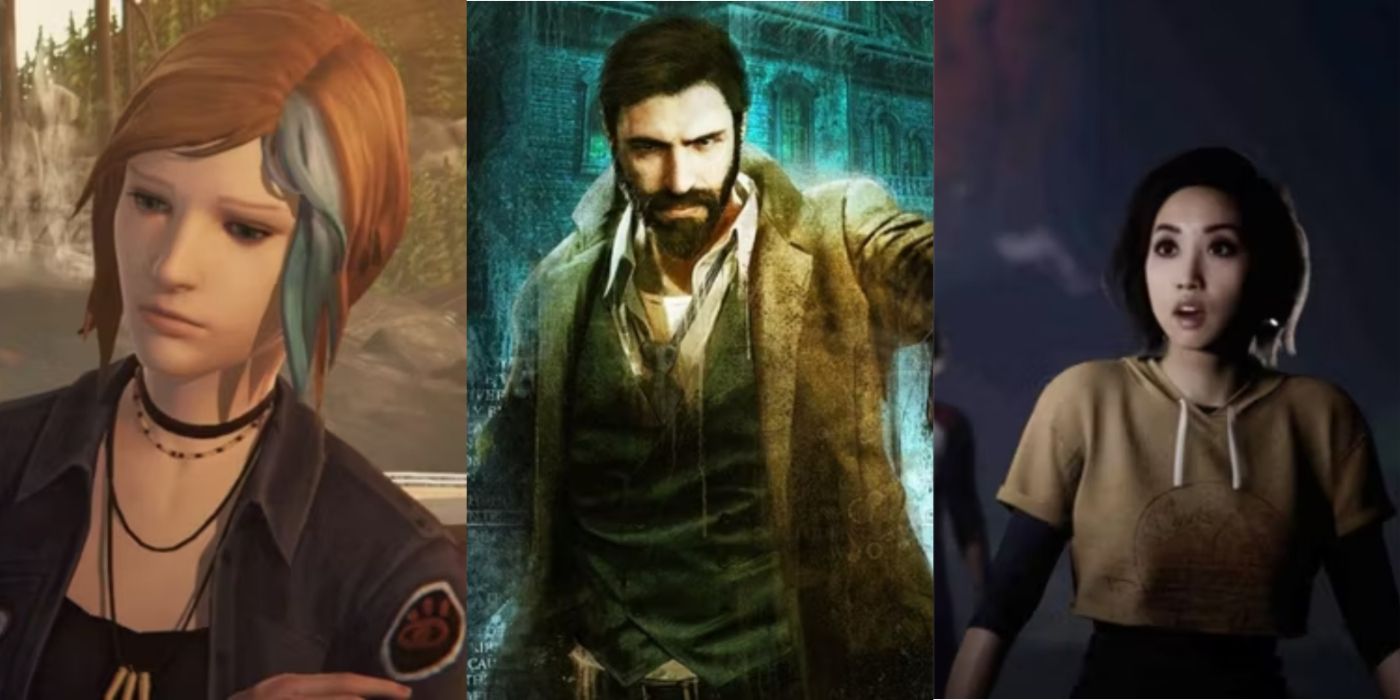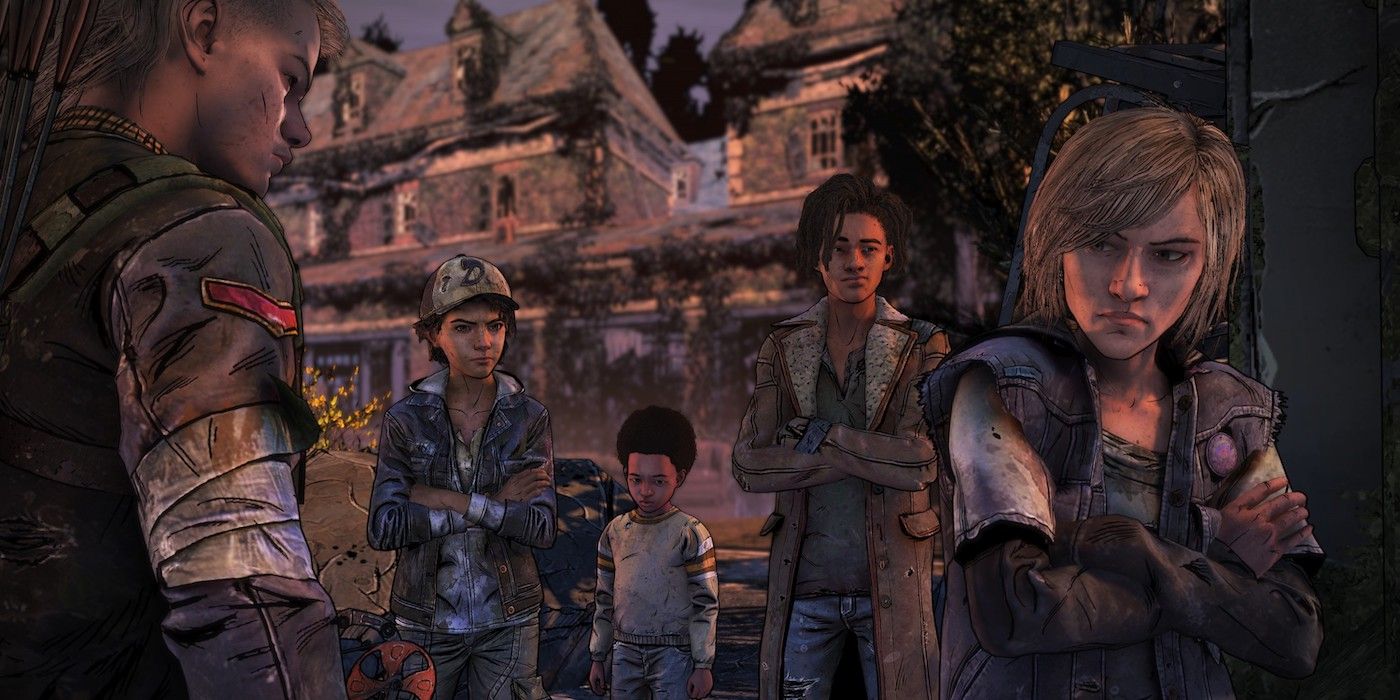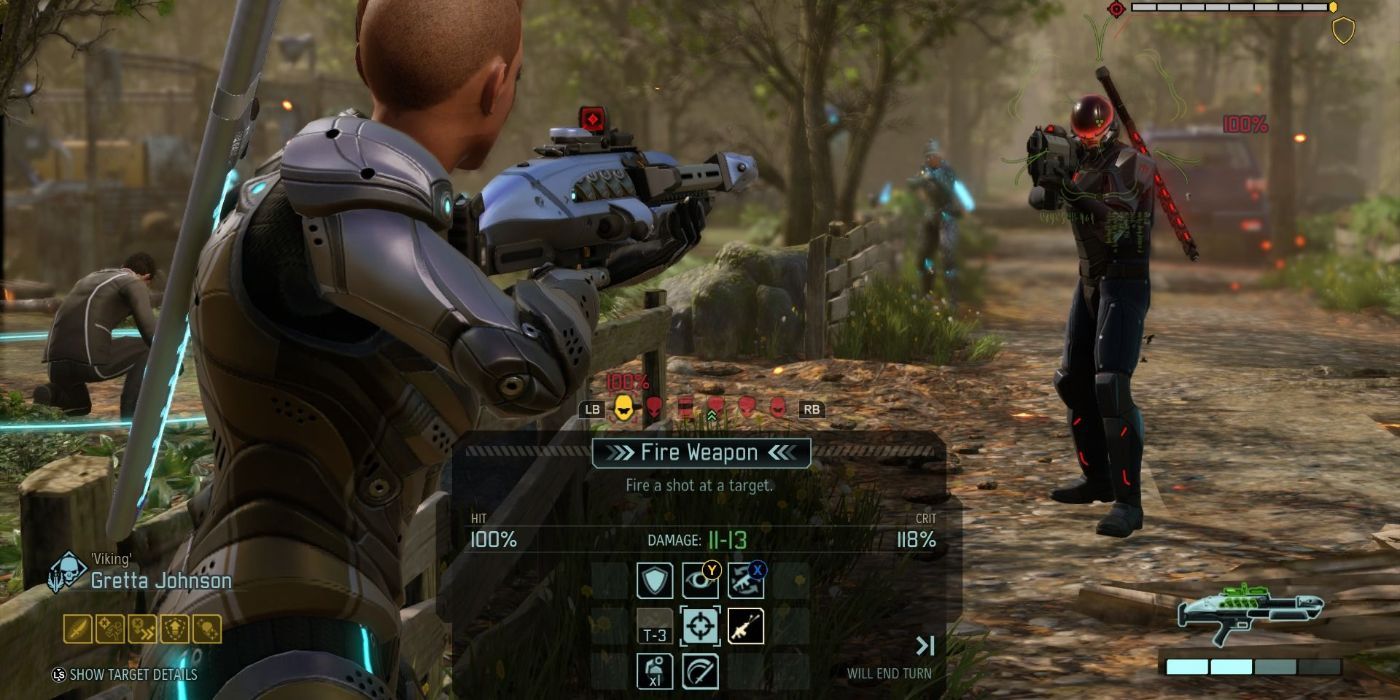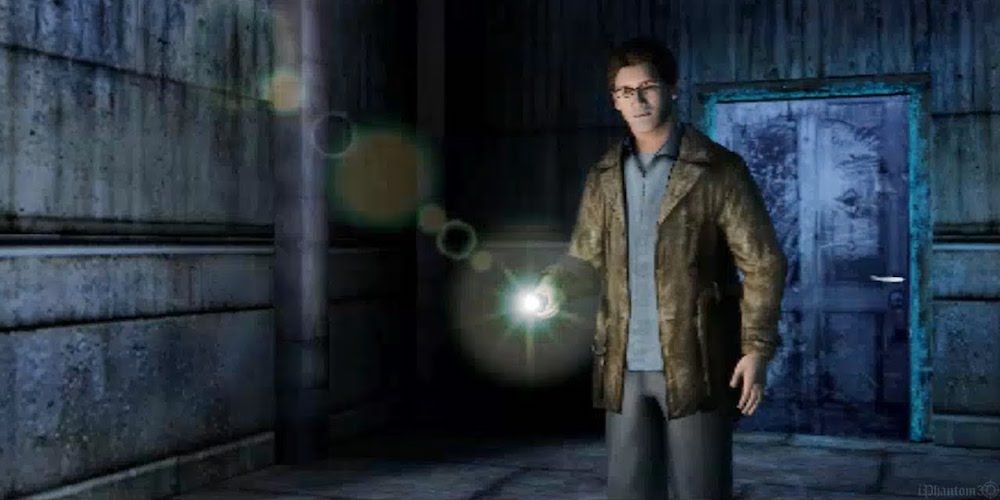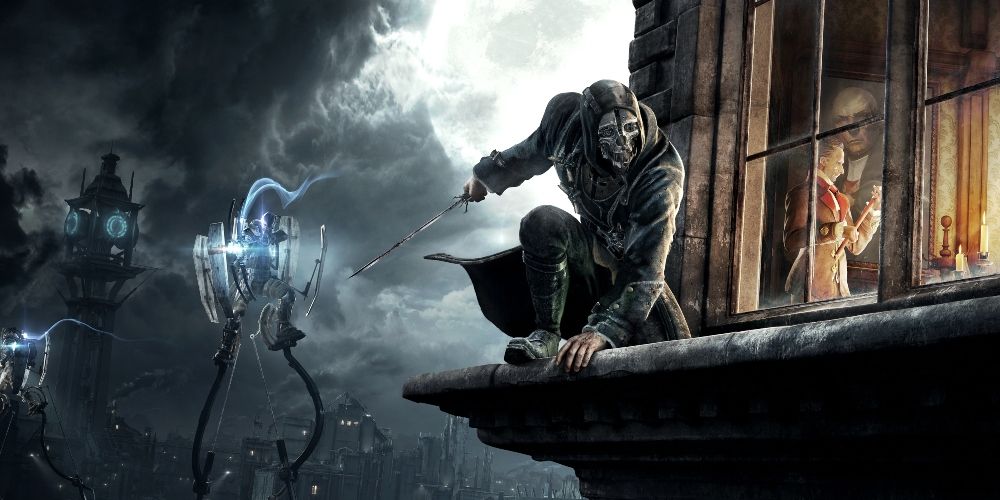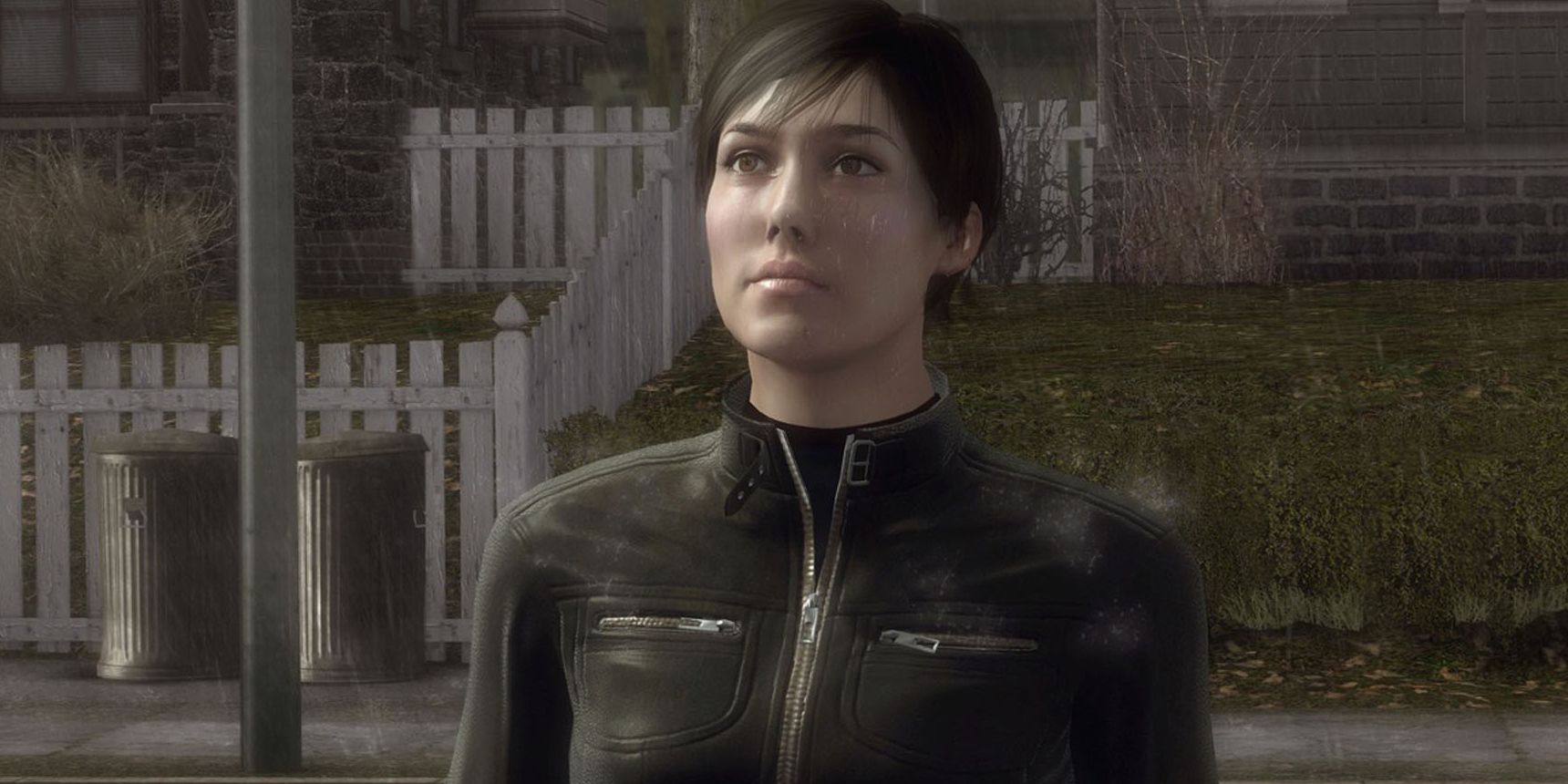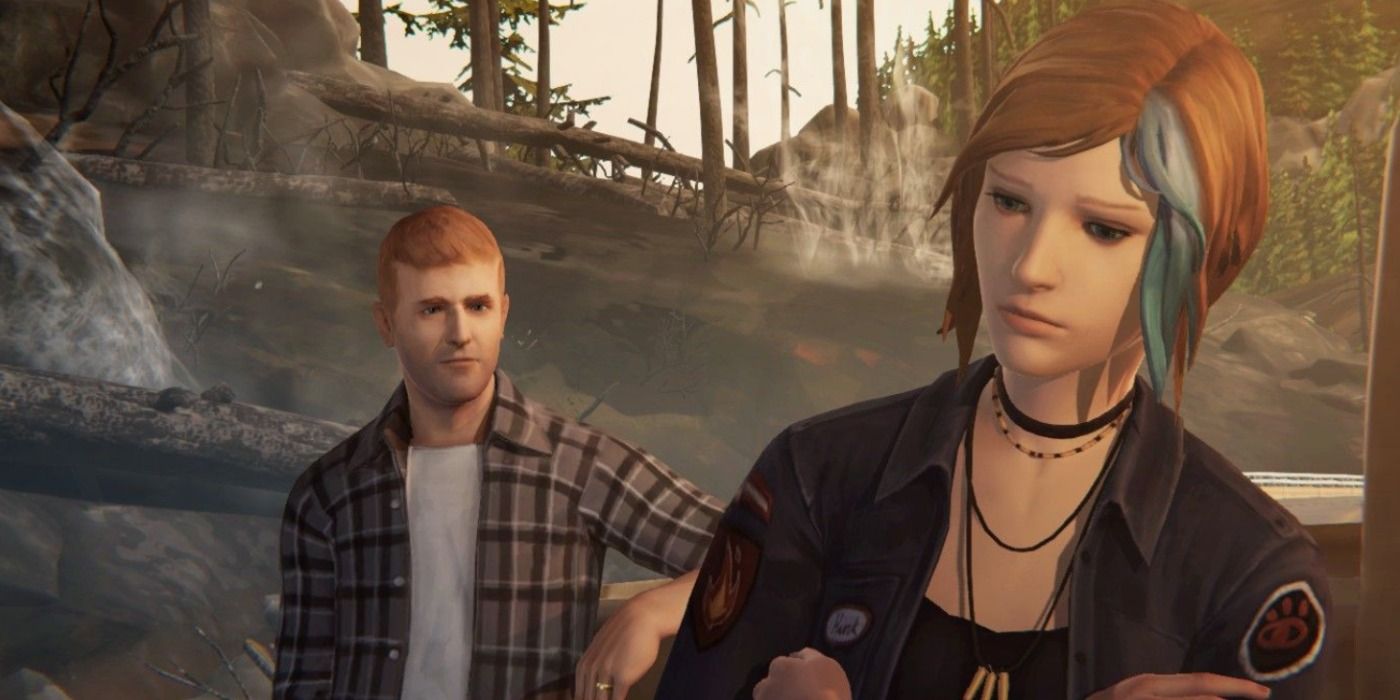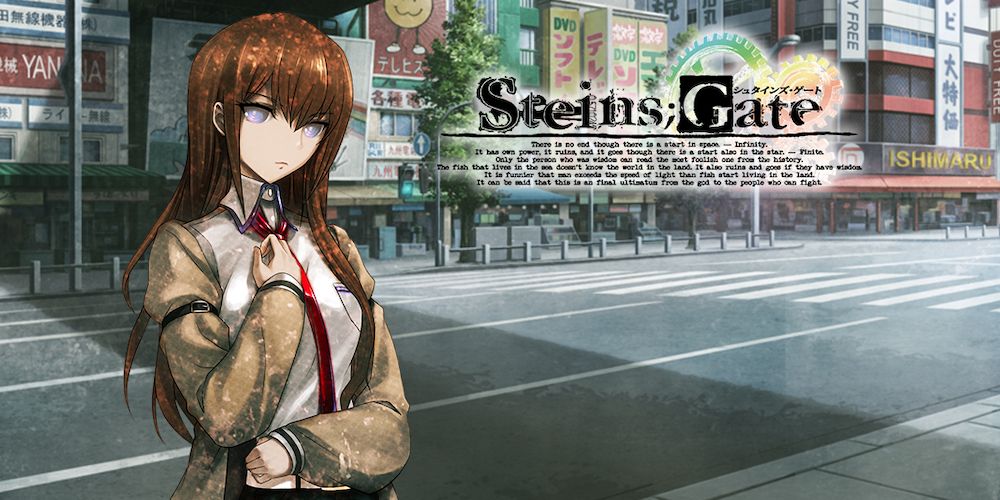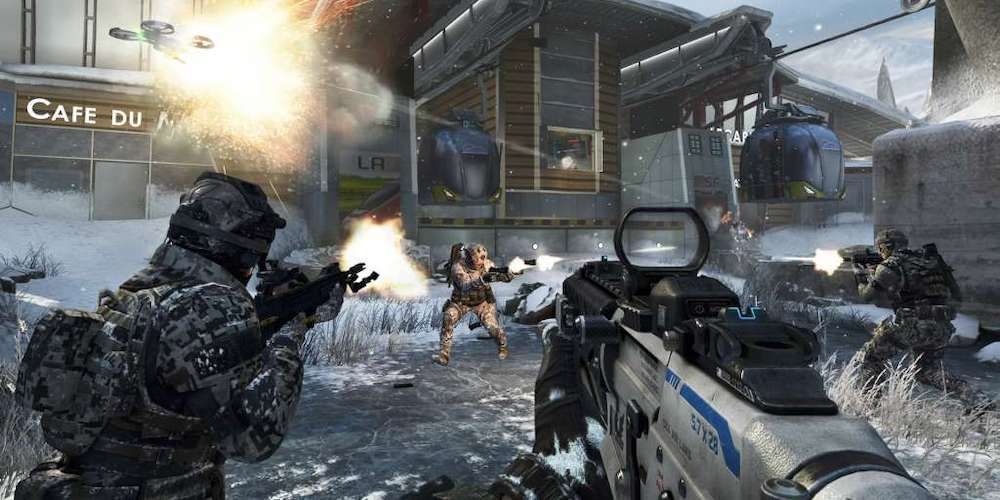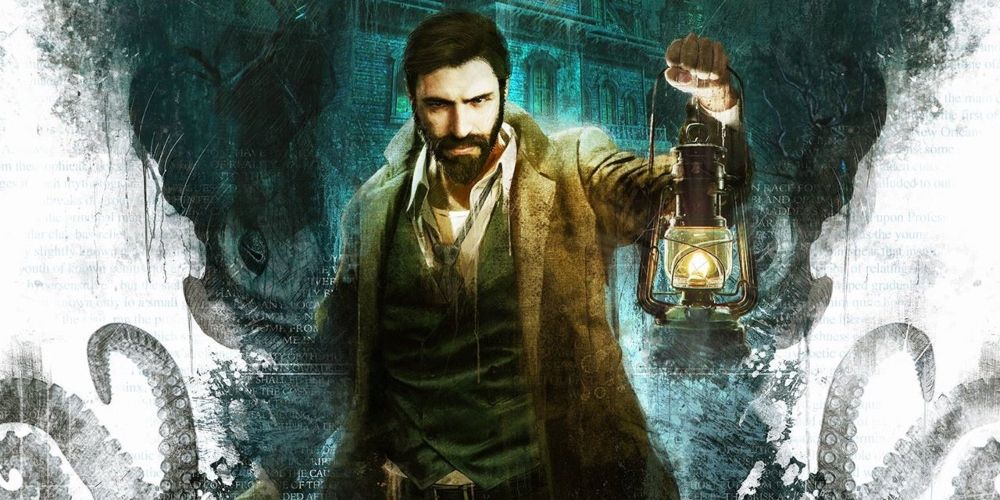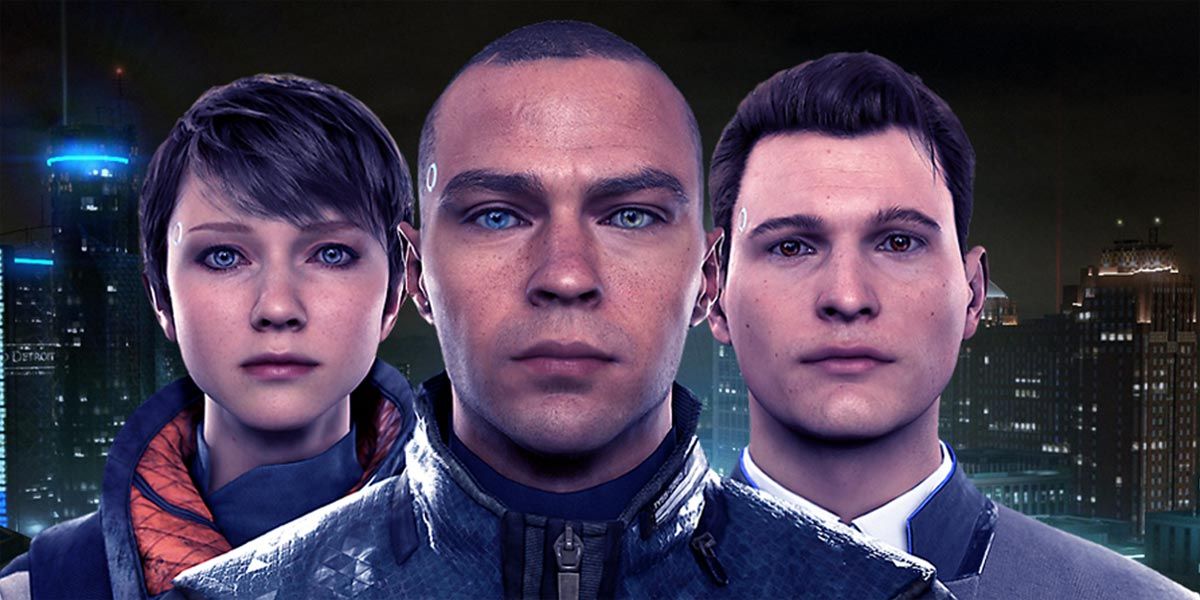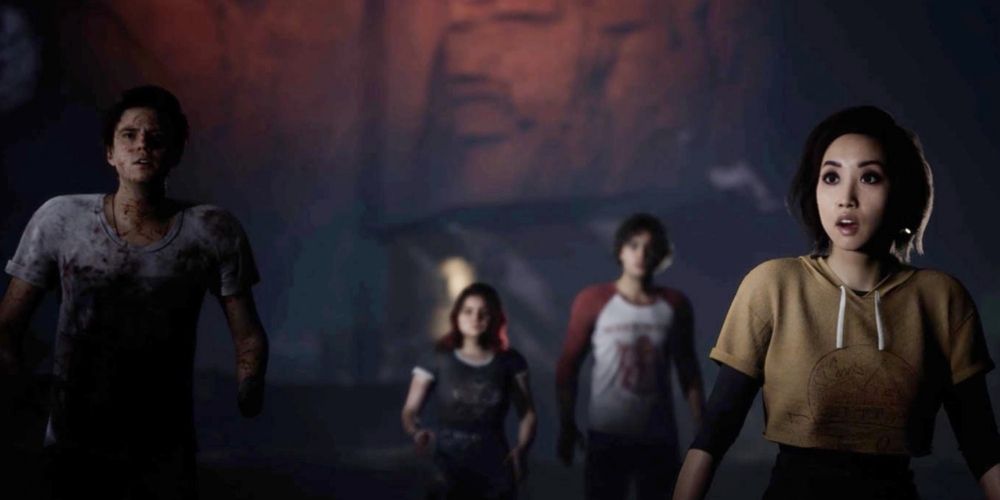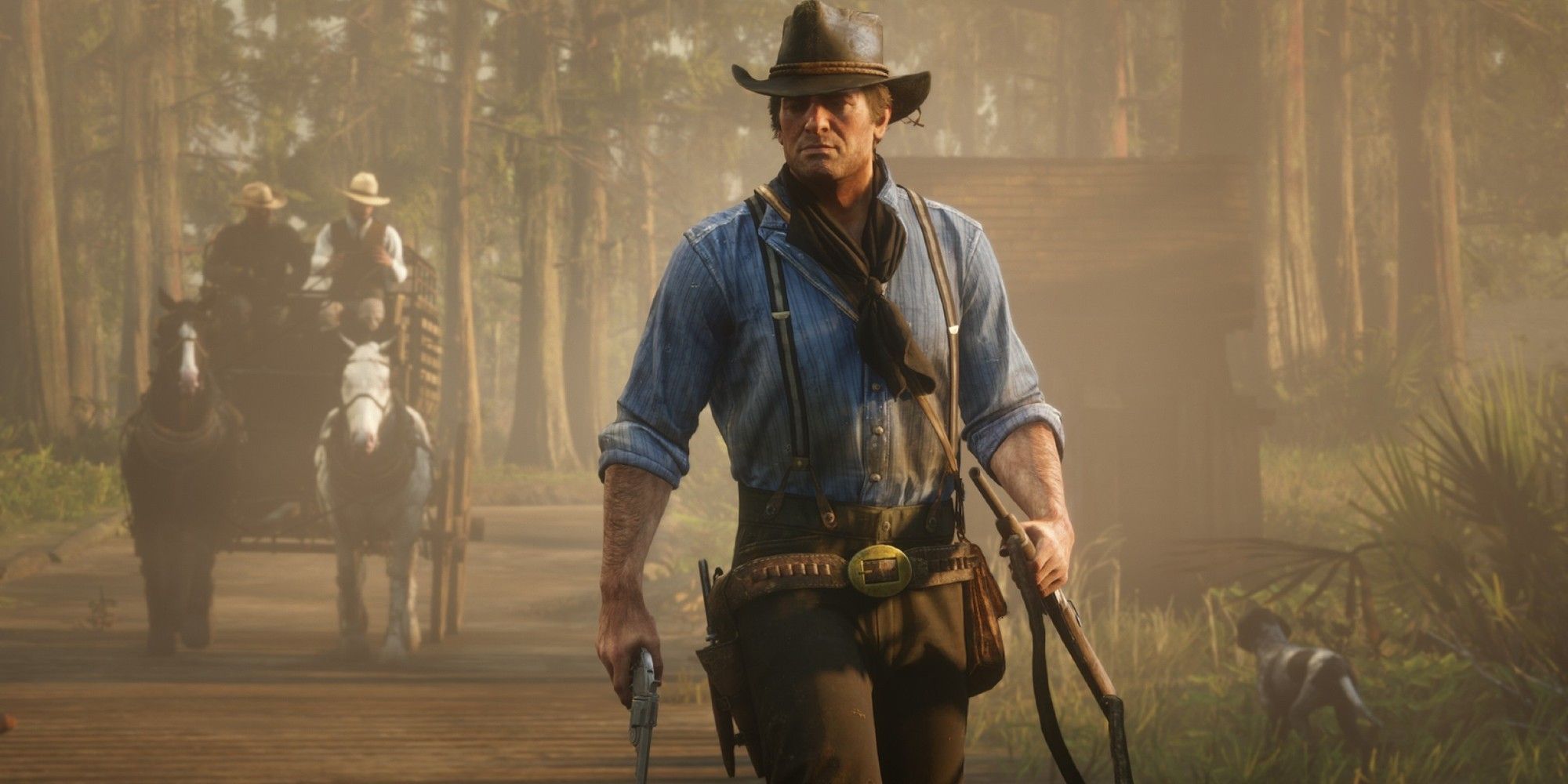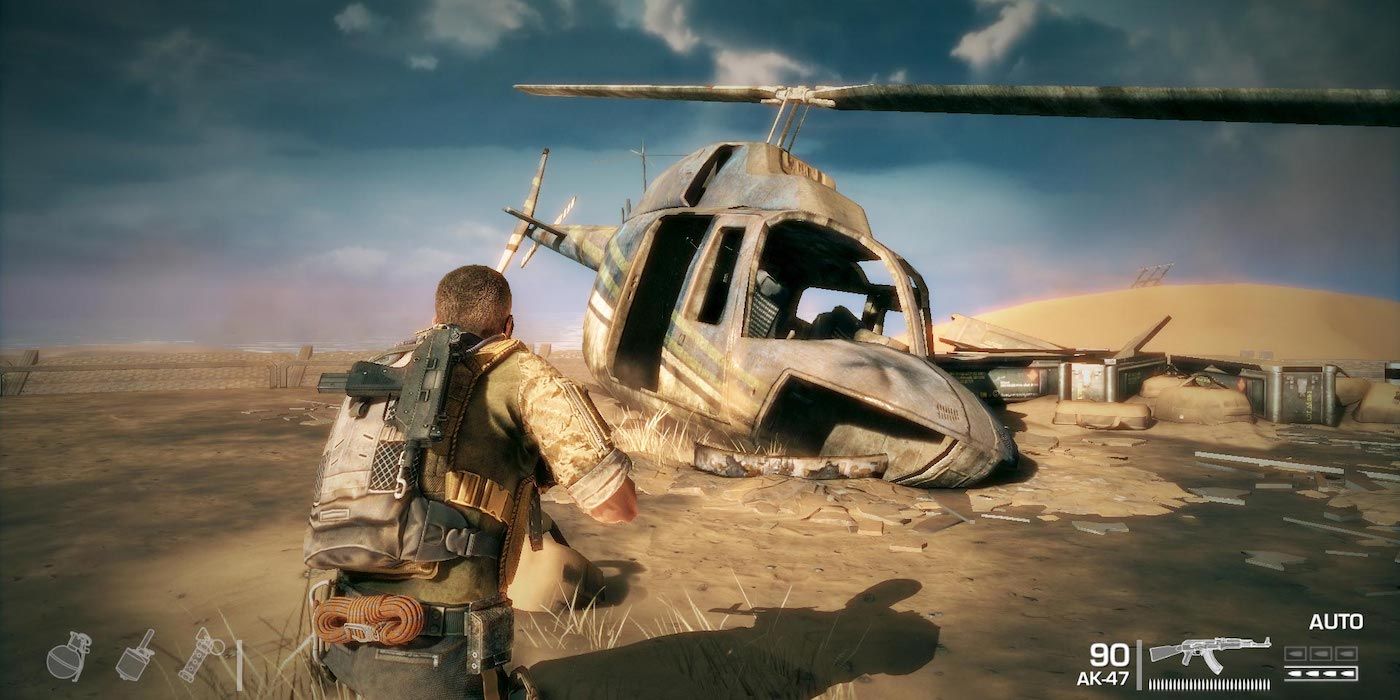By nature, games force players into a character’s shoes and task them with constantly making decisions. However, rarely do these choices have real consequences on the story. RPGs like Wasteland, Fallout, and The Witcher have normalized branching story paths in their genre, but not everyone who wants to have control over the story is interested in these specific kinds of epic adventures.
Fortunately, there are games in other genres that emphasize player choice. Narrative has becoming an increasingly important part of the video game formula in recent years, and games of every stripe, including some surprising ones, are beginning to give players control of the story.
Updated July 5th, by Isaac Williams: Narrative choice-based gaming has only continued to become more and more popular in recent years, with more and more studios creating games where players choose the story. As such, this list has been updated to give some more examples, including some many players wouldn’t expect.
15 Telltale Games Are All About Their Branching Narratives
Telltale, despite starting as an adventure game company, is best known for its narrative-heavy choice-based stories. Codifying their unique formula with The Walking Dead, they have made games in several different settings centred around players guiding the plot with their decisions.
Telltale has put players in the driver’s seat for Tales from the Borderlands, Batman, Guardians of the Galaxy, and more. These games are an exercise in how much control the player can have over the story of a game that ultimately has to follow a certain path set out by the writers.
14 Until Dawn Lets The Player Make The Horror Movie Decisions
Supermassive Games’ Until Dawn blends the choice-based gameplay that began to hit its heyday in the 2010s with the trappings of horror movie fiction. Giving players control of the protagonists in a genre infamous for its characters making poor choices, the game lets the player see if they can do better.
Using a ‘Butterfly Effect’ game mechanic that lets small decisions have bigger impacts down the line, players can seal characters’ fates by sheer accident. Many of the cast can die at any point in the game’s latter half, so the player’s choices decide who survives the night – with potentially all or none of the eight main characters able to survive. Supermassive revisited this formula with their 2022 release The Quarry.
Rather than a cinematic, conversation-heavy story like many choice-based games, XCOM 2 is a game where the player can affect their entire experience with their choices, all without a single branching conversation tree. Instead, every moment of gameplay is infused with choices, from the player’s research to their choice of missions to where they move their soldiers in combat.
The ending of the game is always the same, but the journey is as variable as the destination is fixed. Highlighted moreso in the DLC War of the Chosen, which adds several more layers of choices to make, no two playthroughs of the game will be even remotely the same.
12 Silent Hill: Shattered Memories Has One Series Of Choices Affect Gameplay
Silent Hill: Shattered Memories splits the action between two types of gameplay. It has more typical survival horror gameplay, but there are segments that put the player in the office of a psychiatrist, answering a number of multiple-choice questions. These, in-turn, affect the other portion of the game, changing things based on the players’ responses.
The decisions made in the psychiatrist sections affect numerous aspects of the traditional survival horror segments. The mechanic was so well implemented, many players were perhaps not even aware of how severely the questions change the rest of the game. Silent Hill spin-offs do not have the best reputation, but this is an exception.
11 Dishonored Makes Every Encounter An Important Choice
Although it is a stealth-action immersive simulator rather than a cinematic story-driven game, Dishonored puts the player in a position to make a number of important choices. Rather than being a simple sneak-and-kill game, it gives the player a unique toolset and challenges players to go through problems in their own way, lethally or non-lethally.
How the player deals with not only their major targets but every obstacle in their way contributes to Dishonored’s “Chaos” system. Low Chaos is earned by resolving situations non-lethally, while High Chaos rewards killing. These affect not only the endings but a number of story and gameplay factors throughout the game, and tie into the game’s theme of powerful people making impactful decisions.
10 Heavy Rain Puts The Player In The Driver’s Seat For Four Characters
Developer Quantic Dream has a specific gameplay formula, one that became known to the general public with Heavy Rain. Players control several protagonist as they work to find a serial killer, affecting the investigation’s outcome through how well they control each other, and the choices they have those characters make.
Although certain story beats always happen, the game is surprisingly flexible. Any of the four characters can die over the course of the game, and it has a number of different outcomes to reflect the possible survivors and the choices they may have made over the course of their investigation.
9 Life Is Strange Is A Game About Long-Term Consequences
The unintended consequences of actions are one of the main themes in Life is Strange, with player choices in both gameplay and storytelling sequences having effects on the plot and character relationships. Many of the outcomes from these choices aren’t things players would expect, with small choices having large impacts.
Unusually for a choice-based game, the player can try out several possibilities before making a final choice. A core gameplay mechanic is protagonist Maxine Caulfield’s ability to rewind time. Using this power, the player can try out a choice, see its immediate consequences, and then rewind time and try the other to see if they prefer the outcome.
8 Steins;Gate Sees The Player Make Important Conversational Choices
Although sometimes considered a separate medium, visual novels like Steins;Gate bear many of the hallmarks of video games, including a limited potential for interaction. In Steins;Gate, any time the player is tasked with making a choice or replying to characters, it affects the plot in a series of knock-on changes.
While many of the game’s events happen regardless of what the player does, their decisions affect which of the game’s five endings they see. With a number of varied fates for the characters to choose from, these choices can have suprising effects.
7 *Sekiro: Shadows Die Twice Gives The Player Impactful Decisions To Make
Unlike the other recent efforts of studio FromSoftware, Sekiro: Shadows Die Twice is an action-stealth game rather than an RPG. Despite this, it actually gives the player more control over the story than the Soulsborne games, which often have very simple choices behind their different endings.
In Sekiro, the choices are a little more fleshed out. In addition to the last-second choice to betray their allies in the ‘Shura’ ending and the default ‘Immortal Severance’ ending, the player always has several ways to approach any given situation. Whether it’s sneaking around to learn more about the situation or going out of their way to learn about the Divine Child, the game gives players surprisingly impactful choices.
6 Call Of Duty: Black Ops II Gives The Player Surprising Control
One might not expect to see Call of Duty in a category dominated by narrative experiences. Typically, the series’ campaigns shuffle players down linear corridors from one bombastic set piece to another. Black Ops II switched things up, however. The campaign had several side quests which impact the ending.
Additionally, certain moments from Black Ops II’s main mission affect the characters in ways some players may not even realize in a first playthrough. Call of Duty: Black Ops Cold War utilized a similar structure, with side quests and multiple endings as well.
5 Call Of Cthulhu Lets The Player Solve The Mystery Their Own Way
A major theme of the cosmic horror genre is that human beings and their choices are ultimately unimportant in a hostile and uncaring universe. Despite this, 2017’s Call of Cthulhu gives the players the reins to its narrative, littering their path with decisions to make, small or large.
From the paths they take to the NPCs they interact with to who they shoot and spare during a gun battle at the end of the game, the player has many ways to guide the story. This culminates in four ending choices, many of which the player can be locked out of depending on their choices throughout the game.
4 Detroit: Become Human Has A Great Many Potential Endings
Detroit: Become Human was a PS4 exclusive before Quantic Dream released its catalog on PC. The game follows a similar structure to Heavy Rain, although the story is completely different. The futuristic setting deals with androids and the conflict arising from their struggle for equal rights.
Making choices for a number of different characters across the course of the game, a player’s entire experience can be different depending on the decisions they make. Deteroit: Become Human advertises its branching narrative heavily, having 99 different endings to reflect as many permutations of events as possible.
3 The Quarry Builds On Earlier Design To Make A Very Flexible Story
The latest release from Supermassive Games, The Quarry echoes old-school summer camp horror movies. It gives players control of a new cast of characters attempting to make all the right decisions in a life-or-death situation. Buildings on the studio’s previous successes in Until Dawn and The Dark Pictures Anthology, the game seeks to create an even deeper story with more choice.
There are several layers of decisions and consequences in The Quarry, giving the player near-total control of what happens while also having little way of knowing for sure what effects their choices will have. The game even throws a wrench in things, with a seemingly-helpful NPC guiding the player towards a specific outcome they can choose to reject.
2 Arthur Morgan’s Honor Hangs In The Balance With Red Dead Redemption 2
The general plot outline of Red Dead Redemption 2 remains the same regardless of what players do. However, some nuances change depending on how honorable the player lives while in Arthur Morgan’s shoes.
A number of times throughout RDR2, the player can choose to act honorably, looking out for the good of others. Alternatively, they can be a violent, vicious menace and a blight on the Old West. One’s Honor affects a number of visions throughout the game, and also determines the nature of the ending; with higher Honor, the game ends on a much more peaceful note.
1 Spec Ops: The Line Pushes The Player To Make Impossible Choices
Spec Ops: The Line seems like a typical military shooter on the surface. But it actually serves to deconstruct the entire notion of military video games, including the limited choices players get to make in more conventional shooter campaigns.
Spec Ops: The Line’s antagonist offers the player several tough choices. In these moments, another solution is often possible most players may not think of. While certain awful moments in the plot will always happen, the player’s decisions can affect the endings they have access to, and what sort of fate awaits protagonist Walker.
